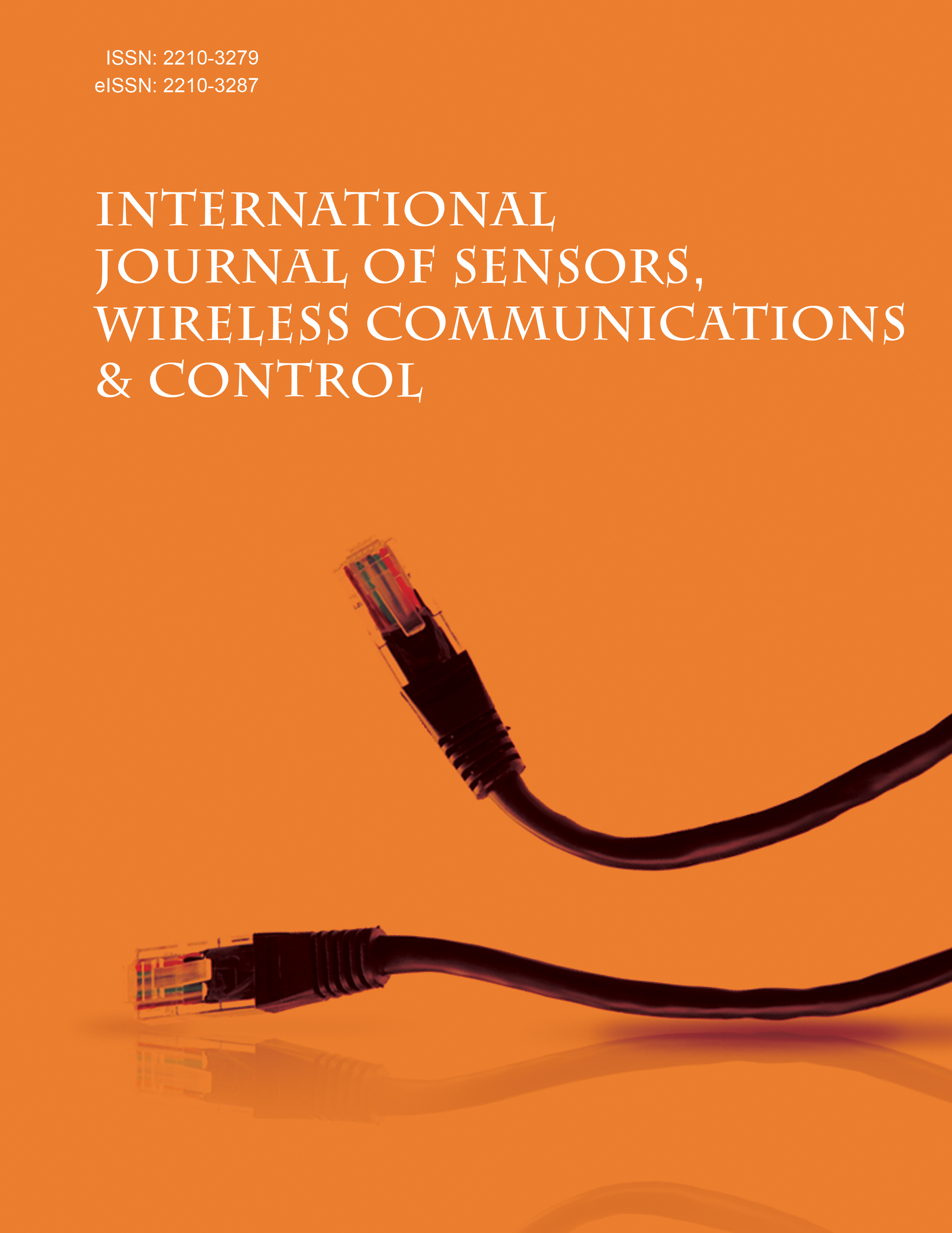
Full text loading...

A device collaboration system provides services through the cooperation of nearby sharable devices. Therefore, such a system can be applied even to small personal devices with limited resources, such as smartwatches. Previous work proposed methods for device collaboration and recommendation. It also identified two key challenges: reducing inference time for collaboration among a large number of devices, and addressing the cold-start problem when introducing new devices. This paper proposes an approach to address both of these issues.
To reduce the time required for device recommendation, this paper proposes a preprocessing method based on the Big Five personality traits. A prototype system implementing the proposed collaboration method is developed on a mobile device and evaluated.
The proposed method achieved faster device recommendation and higher user satisfaction compared to the previous approach.
This study demonstrates that personality-based preprocessing enables the implementation of real-time recommendation services, even on devices with limited computing resources.
The proposed method can be applied not only to device collaboration in IoT environments but also to context-aware recommendation systems. The results of this study are expected to contribute to both the fields of psychology and computer science.

Article metrics loading...

Full text loading...
References


Data & Media loading...